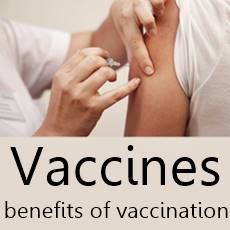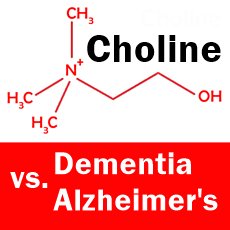Add 10 years to your Lifespan with a Healthy Diet
The Science behind a long and Healthy Lifespan
Fact Checked
×All the content published in our website is fact checked to validate its accuracy.
Visit our guidelines web page to learn more about our strict processes regarding how we review our content's sources: reliable and reputable journals, media websites, universities, colleges, organizations, and professionals.
Our articles are based on scientific evidence, and the references are included in its footnotes, which are clickable links to sound scientific papers.
First published: 05. Feb.2025
Add 10 Years to your Life Expectancy
Life expectancy has grown over the past 125 years from 32 years in 1900 to 46.5 in 1950 and 71.7 in 2022. It is expected to continue increasing to 77.3 by 2050. (a),(b).
A longer lifespan means that more people are reaching an older age and living longer. This brings up the notion of "healthy longevity" or "healthspan".
We want to live longer and free from chronic diseases like Alzheimer's, diabetes, and cardiovascular disease, feeling mentally and physically fit. The concept means well-being, not only "lasting" longer.
Several studies have investigated the effects of a healthy diet on mortality and lifespan finding that life can be extended several years by simple dietary changes. In the following sections, we will explore some of these studies, the foods that help promote a longer life, and some tips for a longer life.
References and Further Reading
(1) Shan Z, Wang F, Li Y, et al. , (2022). Healthy Eating Patterns and Risk of Total and Cause-Specific Mortality. JAMA Intern Med. 2023;183(2):142–153. doi:10.1001/jamainternmed.2022.6117
(2) US Department of Agriculture and US Department of Health and Human Services, (2020). Dietary Guidelines for Americans, 2020–2025. 9th ed. Washington, DC: US Government Publishing Office; 2020. DietaryGuidelines.gov
(3) Fadnes LT, Økland J-M, Haaland ØA, Johansson KA, (2022). Estimating impact of food choices on life expectancy: A modeling study. PLoS Med 19(2): e1003889. https://doi.org/10.1371/journal.pmed.1003889
(4) Fadnes, L.T., Celis-Morales, C., Økland, JM. et al., (2023). Life expectancy can increase by up to 10 years following sustained shifts towards healthier diets in the United Kingdom. Nat Food 4, 961–965 (2023). https://doi.org/10.1038/s43016-023-00868-w
(5) Park S-H, Lee D-H, Lee D-H, Jung CH., (2024). Scientific evidence of foods that improve the lifespan and healthspan of different organisms. Nutrition Research Reviews. 2024;37(1):169-178. doi:10.1017/S0954422423000136
(6) Hu FB., (2024). Diet strategies for promoting healthy aging and longevity: An epidemiological perspective. J Intern Med. 2024; 295: 508–531.
About this Article
Add 10 years to your Lifespan with a Healthy Diet, A. Whittall
©2025 Fit-and-Well.com. First Published: 05.Feb.2025. Update scheduled for 05.Feb.2028. https://www.fit-and-well.com/wellness/live-longer-with-a-healthy-diet.html





